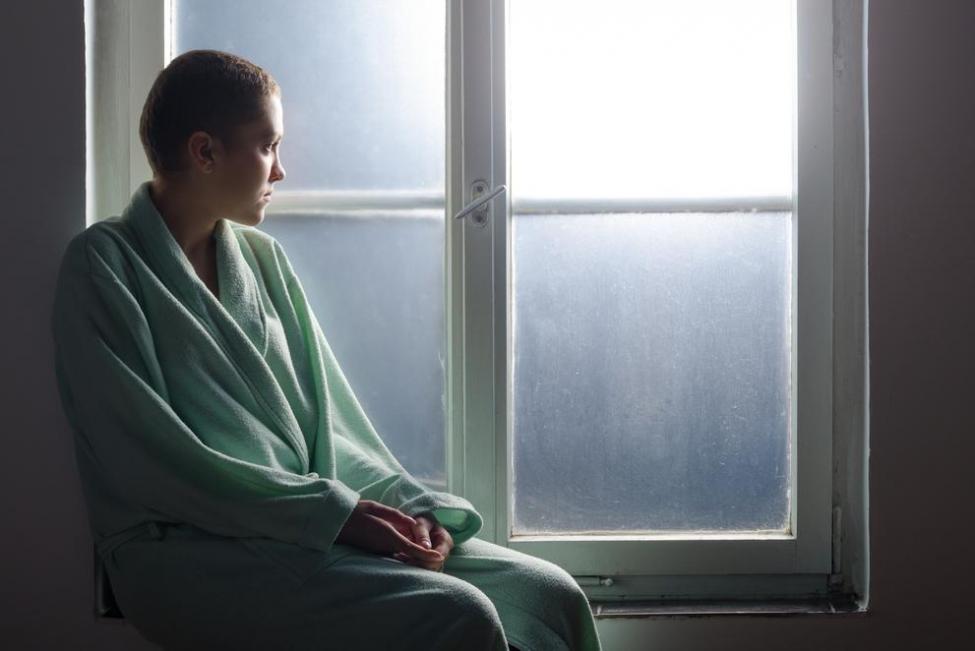Depression is a common comorbidity in cancer cases, affecting >10% of patients. A cancer diagnosis is life-changing, and is a source of considerable psychological and emotional stress. Non–pathological sadness may be a normal response to a cancer diagnosis, however, stress beyond the coping mechanisms of patients may result in major depressive disorder. The current review, in addition to the obvious psychosocial elements of depression, explores its biological mechanisms, including tissue damage, inflammatory mediators and the chronic stress response, and how these immune and endocrine pathways may underlie depression in cancer.
Possible iatrogenic causes of depression in cancer are also explored. There is a strong need to identify and treat depression in cancer patients in order to increase quality of life and reduce mortality. The most popular clinical and potential future biochemical screening tools for depression in cancer are briefly discussed. The interventions used will vary for every patient, but may include psychosocial therapies or pharmacotherapy; however, a paucity of research on the most effective management of depression in cancer means the optimal combination of therapies is unknown. Selection of antidepressants should be carefully considered, given the common side effects of chemotherapy (such as nausea), and the necessity to avoid serious interactions, including reducing the effectiveness of chemotherapeutic drugs. The possible link between the chronic stress response, which may predispose patients to depression, and the risk of mortality from cancer is also explored. The complex interactions between the endocrine, nervous and immune systems, which continue to be elucidated, may offer the opportunity for the development of more rapid and efficacious treatments for depression in cancer in the future.


Add Comment